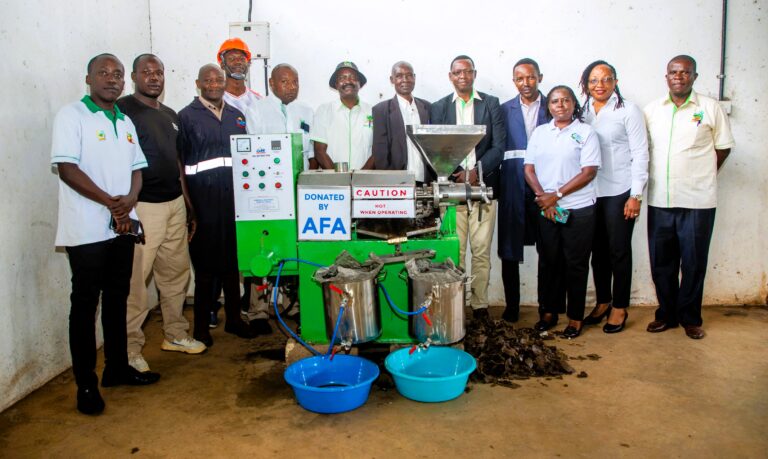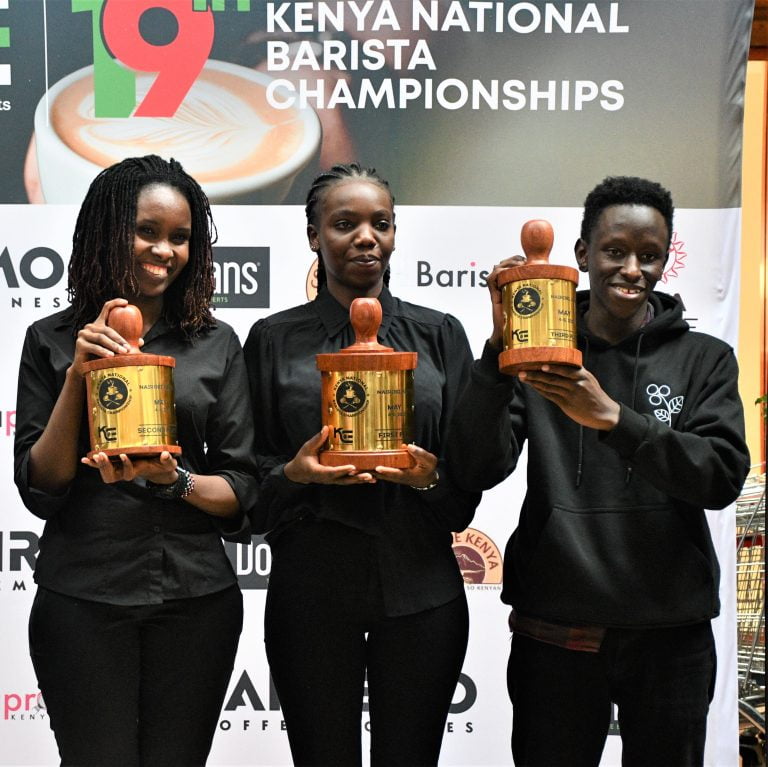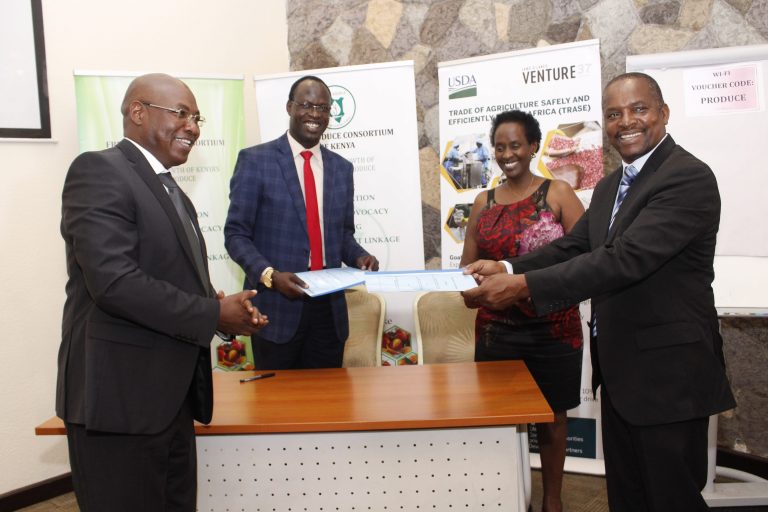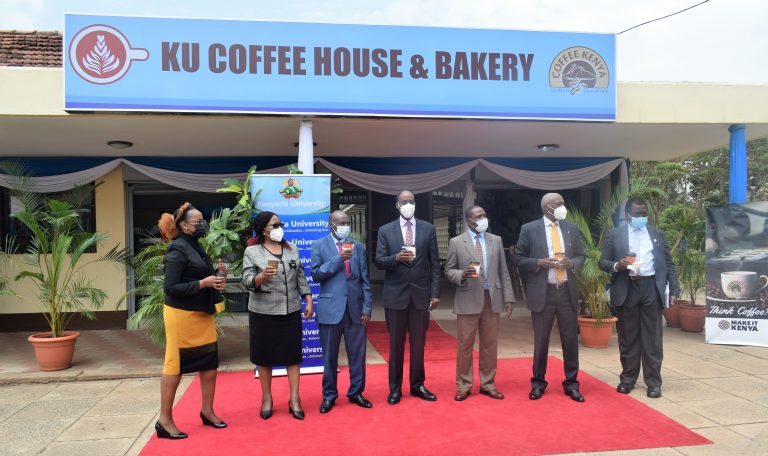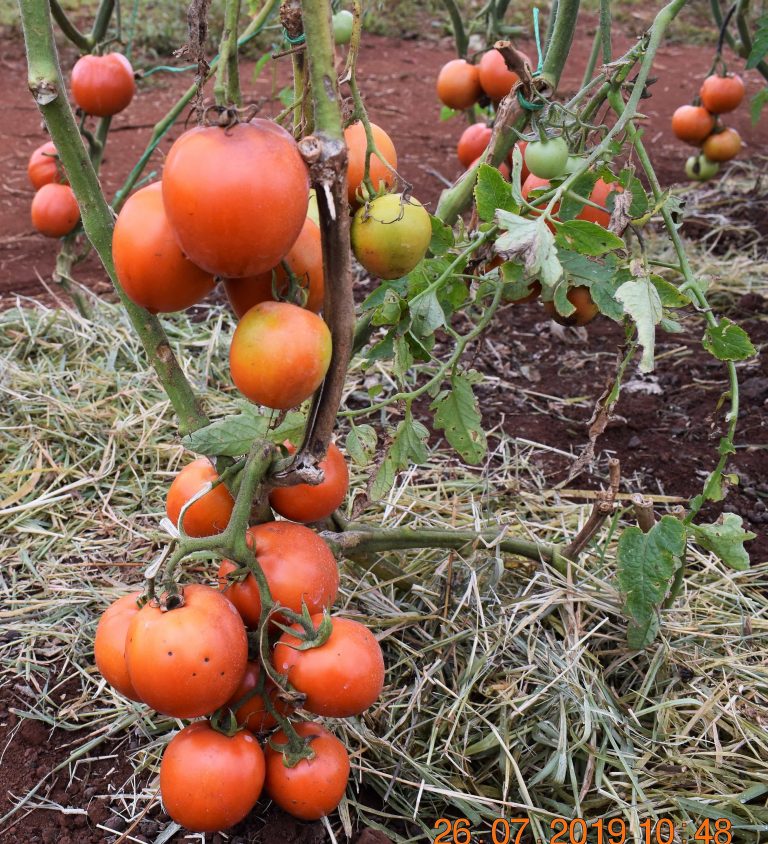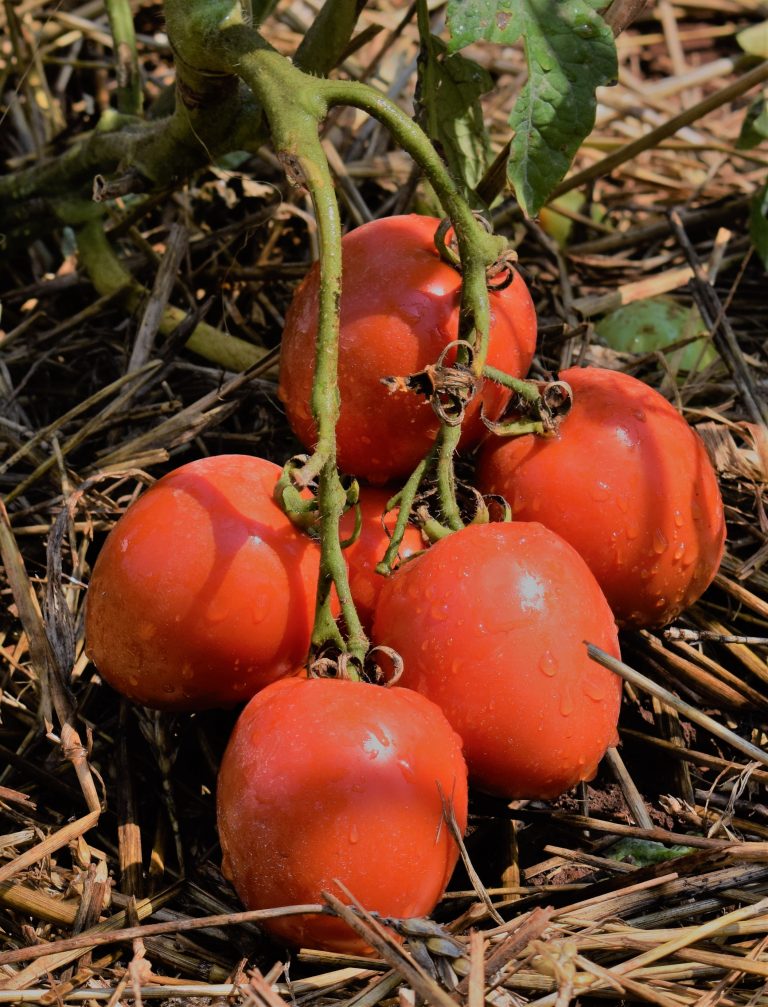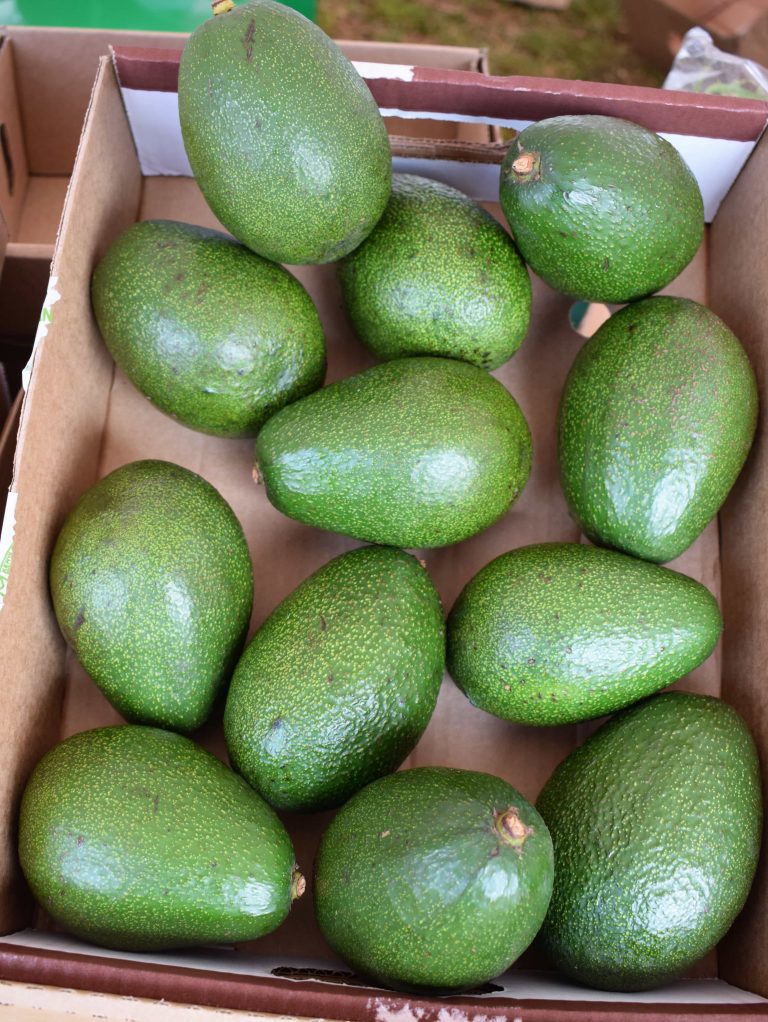The Agriculture and Food Authority (AFA) through the Horticulture Crops Directorate has released a report on the performance of the horticulture industry in Kenya.
The horticulture sub-sector which comprises vegetables, flowers, fruits and medicinal aromatic plants is among the key sectors of agriculture in Kenya contributing to foreign exchange, household incomes, food and nutrition security, raw materials for the agro-processing industry and employment.
- Horticulture employs about 6.5 million Kenyans directly and indirectly.
- The total area under horticulture is estimated at 496,062 Ha with production of 7.9 million Metric Tonnes.
- The value of domestic horticulture was estimated at Ksh. 68.5 Billion in 2019.
- The total value of fresh horticultural exports in 2020 was Ksh. 150.2 billion from 313,668 MT of produce compared to Ksh.143 billion in 2019 from 328,335 MT.
- Flowers accounted for Ksh. 107.5 Billion (72%) from 62,575 MT while vegetables and fruits accounted for KSH. 24.2 (16%) and Ksh.18.8 (12%) Billion respectively from 105,060 MT
- The European Union (EU) is the largest consumer of Kenyan horticultural exports accounting for about 45% of the country’s exports. Major export produce includes cut flowers, French beans, snow peas and Asian vegetables.
- The major export destinations are Netherlands, United Kingdom, Germany, Austria, Italy, France, Belgium, Middle East and Far East.
- Local consumption accounts for 96% of total production. Only 4% is exported of which 70% is flowers.
The subsector also has faced challenges key among them being;
- Overreliance on the EU market for its exports. This market has had changing stringent regulatory requirements that has resulted to increased notifications due to pesticide Maximum Residue Limits (MRLs) and interceptions due to quarantine pests.
- The tropical nature of our climate is favorable for pest infestation therefore pest control is mandatory to ensure food security and produce quality. However, due the EU regulations the number of authorized pesticides is shrinking against high incidences of pest and resistance to available pesticide regime;
- Low production and productivityespecially small holder farmers due to low adoption of improved technologies;
- Non-compliance to quality and safety standardsespecially in the domestic market and low adoption of Good Agricultural Practices;
- Uncompetitiveness of the sub-sector due to high transaction cost along the value chain; for example, high cost of agro-inputs, agro processing and marketing logistics among other costs
- Middlemen/marketing agents who act as go-between producers and buyers end up forming cartels and exploiting farmers;
- The COVID 19 pandemic affected the sub sector through travel restrictions and reduced cargo space which impacted on exports of produce and importation of inputs.
In order to mitigate these challenges, AFA has proposed various solutions.
- Diversification of Kenya’s export market through promotion of Kenyan horticultural products in non-traditional markets such as Russia, Asia, SADC, COMESA in collaboration with other government agencies and private sector;
- With BREXIT, Kenya, through the Ministry of Trade, signed bilateral agreements with the United Kingdom in January 2021 for enhanced exports of Kenyan horticultural products.
- Diversification of product range (vegetables, cabbages, carrots, onions passion fruits) to the regional markets like Uganda, South Sudan, Democratic Republic of Congo, Tanzania.
- Capacity building of county staff and stakeholders on key issues affecting the sector e.g. market access requirements, value addition, compliance to standards, postharvest management especially for fruits among others;
- Enhanced collaboration with other regulators and stakeholders in the industry in implementing the national mechanism for compliance in the local and international markets;
- Enhanced enforcement of the KS1758 standard and national horticulture traceability system for transparency, accountability and discipline throughout the supply chain to establish a reputation for quality.



